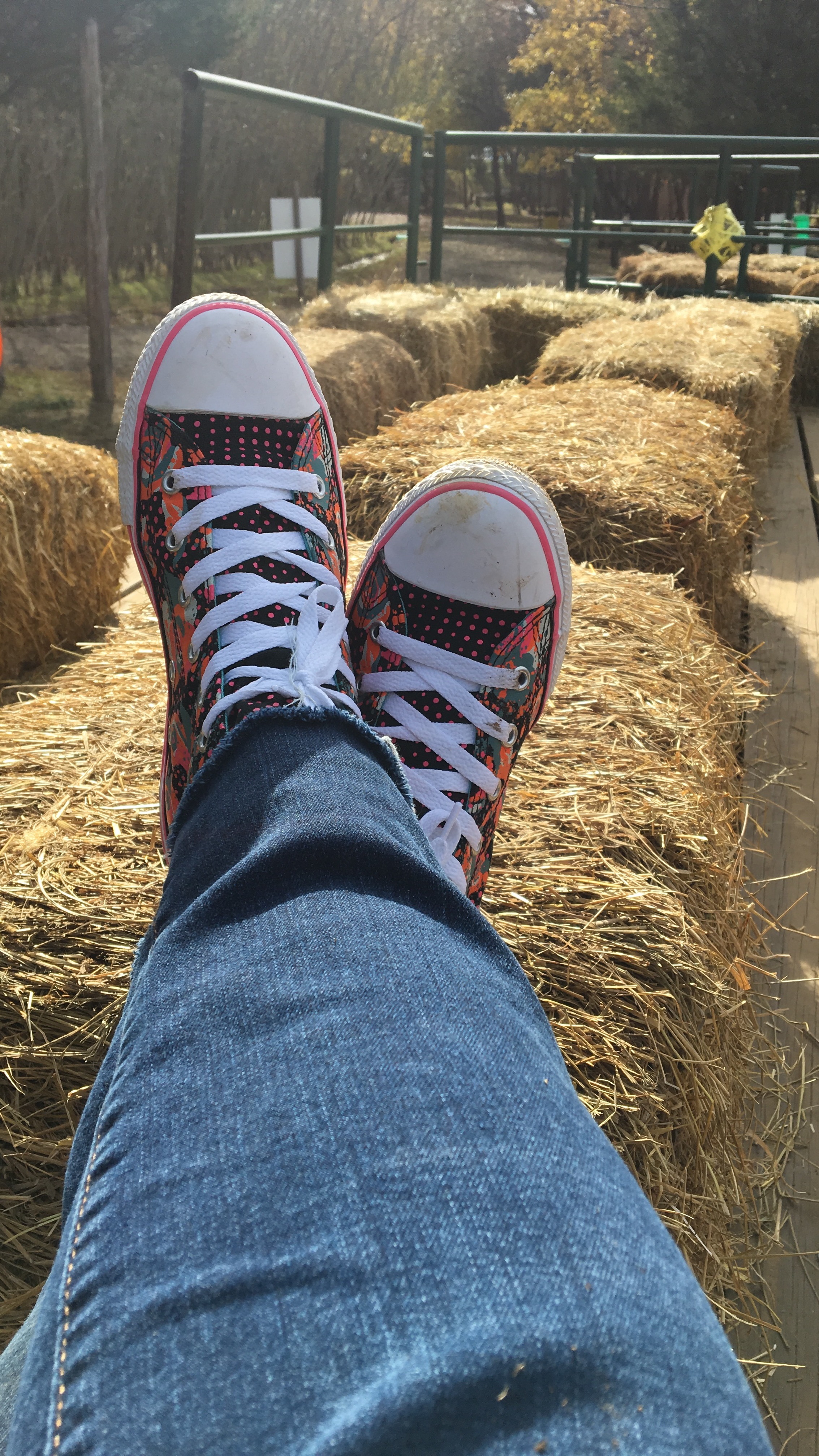Write Your Story
/One of my kids is dual-enrolled in a college-level developmental psychology course. Together, we listened to an excellent TED talk by Meg Jay on not wasting one’s twenties. Her advice was potentially life-changing, and I highly recommend watching the talk if you have a 20-something in your life or if you are in your twenties. I carried her words around with me in my head for several days, trying to connect them to something else that was weighing on my mind.
I had this mental image of life as a book, each decade its own chapter and the story unfolding with time. But who is writing the story? There is a tension between acknowledging God as author and also recognizing that we own our stories. We are not passive victims in the hands of a capricious and temperamental genius writer. We write with him. With every plot twist, we can choose how to respond to the situation. Further, no good story exists without the hard work that the writer puts into research and solid story-sketching ahead of time. The best stories happen when the writer has immersed herself in things that nourish her soul — the true, the noble, the right, the lovely and the pure.
That doesn’t mean stories aren’t messy. Plenty of the best stories explore suffering and sacrifice and, ultimately, surrender. People who have books that are four, five, six chapters long? They can often point to the dog-eared pages of distress and show the reader where the path through made the protagonist stronger, wiser, better. The pain in our lives — when embraced with grace — is the pavement of the path to holiness. No doubt about it.
Acknowledging pain and meeting it with both tender surrender and inspired courage is a very different response than the one where — instead of co-writing — a woman lets life victimize her. She puts down her pencil, loses her voice, stops interacting with the text and dialoguing with the author. She sees not the power of her pencil, nor the masterful strokes of God’s.
Why do we stop writing our stories? Why do we stop sketching our dreams on the backs of envelopes because we can’t wait a second more to give them a tangible shape? Why do we victimize ourselves, letting opportunity drift by instead of recognizing it and seizing it?
Mostly, because we are afraid. We let fear be the author instead of God. And fear sweeps us up in plots twisted by lies that we aren’t good enough, taking us further and further from the story outlined for us by our Creator before we took our first breaths.
Fear is not the boss of you unless you allow it to be. It can’t write your story unless you give it the pencil God intended you to use. The writing process is usually an arduous one. Bursts of inspiration are followed by long nights of difficult and patient work. Hold that pencil with all you’ve got.
And writing? To write an inspired story you have to still your own pencil more often than not and watch God’s pencil in motion. See the sweeping strokes of his masterful hand, notice the nuance of his language. You are the best writer of your story when you respect that he writes with you and you are such a student of his style that your writing begins to look and sound and feel like God’s. When you hit your rhythm, writing together with purpose and intention, fear is edited out of the pages, and grace shines through every turn of phrase.











